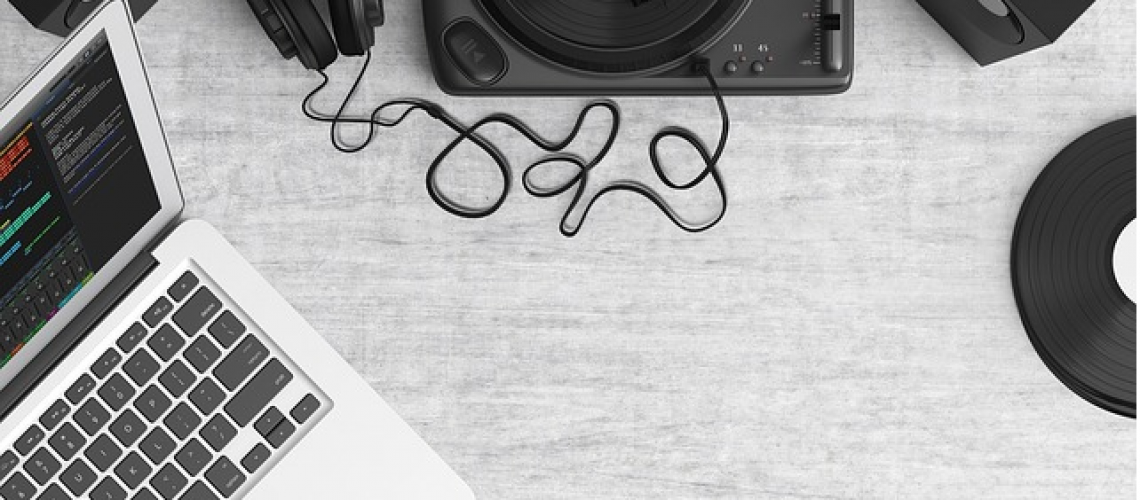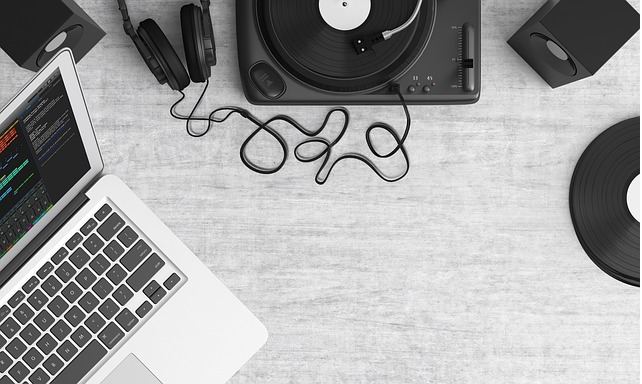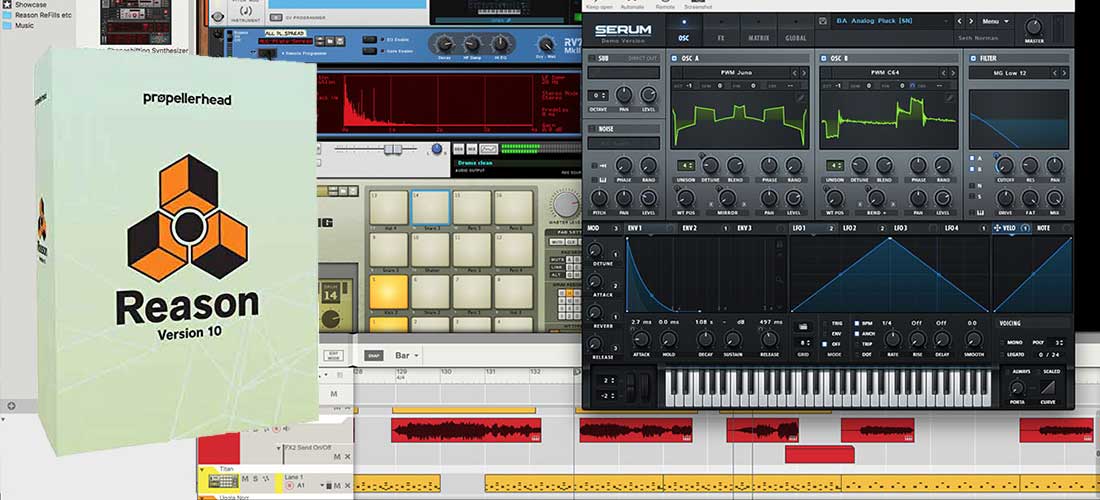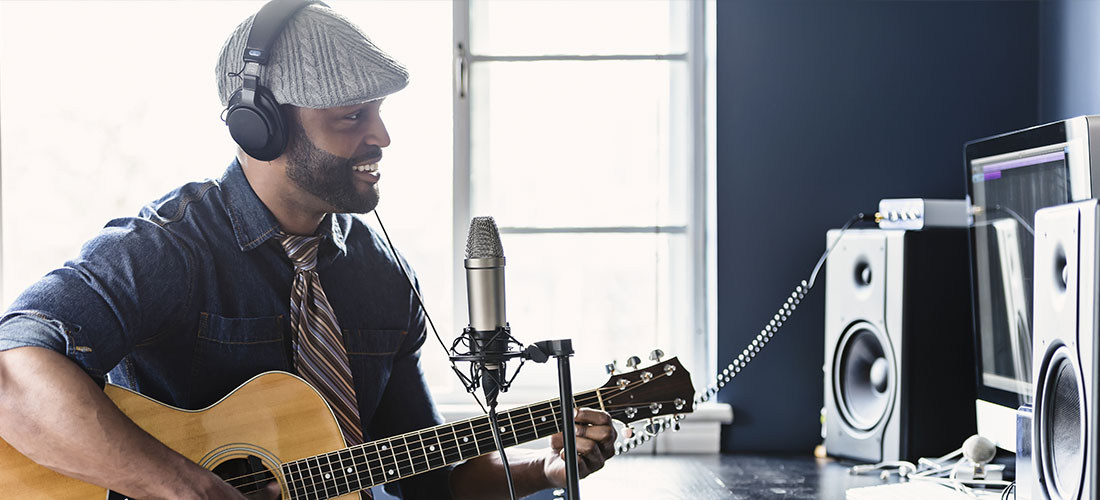The music business is an industry that demands determination, passion, and patience. It’s a business that is made-up of complex networks that includes individuals, organizations and firms who earn money by creating music, selling video and audio recordings, or live shows and concerts.
As a beginner, you will need to be smart, nimble, and aggressive to keep up and survive within the world of music. Whether you’re a songwriter, composer, singer, bandleader, or conductor you must demonstrate professionalism. To achieve these virtues seek out advice from professionals in the industry, they can also to assist you with your music and career in general.
To generate income and eventually profit with your music, there are a variety of organizations that play essential roles in the industry that you should familiarize yourself with. Some of these organizations include not-for-profit organizations, e.g. American Society of Authors, Composers, & Publishers and musician’s unions, e.g. American Federation of Musicians among others.
In this article I’ve put together a few core music business tips for beginners.
Getting Signed

The first question you should ask yourself is; why do I need to be signed? All labels vary and getting signed means you’re ready to work together with the label to develop your music business and make money.
At times you may find a record label that is also a publishing company that helps in managing trademarks and brands, does marketing, promotion, distribution and coordinates the production, as well as enforcement of copyright for your music videos and sound recordings.
A good record label will offer several resources including tools to assist in the development of your career as an artist. However, working with a record label requires determination, so be ready to roll up your sleeves and work hard. Let’s go through some golden rules you should consider when approaching a label.
Address a Person by Name

Before writing to a label, do your research and know the person to write to and address them by their name. e.g., “Hello John” and not just “Hi” or “To whom it may concern.” If you can’t get the name of a person, direct your email or letter to the name of the record label, e.g., Dear “Name of Record Label.” Otherwise, you risk your email going directly into the trash bin.
Short and Straight to the point emails
When writing to a label, make your email or letter short, and explain why you are writing. Don’t just send tracks without disclosing what you need from the label but ensure you’re brief and straight to the point.
Do Not Send Mp3's
Avoid sending Mp3’s: Mp3 files are too large, and most record labels do not like the hassle of downloading them. Most prefer Sound cloud. When submitting your tracks, be sure to send the whole track and not half of it. One or two of your best tracks is enough and if the label likes them they will find out more about the rest of your music on their own volition.
No Multiple Emails, CC's
There is nothing that says ‘not special’ like sending the same email CCd to multiple record labels. The recipients of the email can see that you sent it to various others and may feel that you are not that interested in their record label. Try to address each email individually, and make it personal to that particular label. It’s a lot of extra work that will pay off in the end.
Royalties in the Music Business for Beginners
More than likely you have heard of royalties, artists who live off of royalties and other artists complaining about not getting paid enough royalties. Let’s look at what the term royalties means and how it works.
Music royalties are the payments given to artists after their work has been used in some capacity. If you get signed by a record label, you only get paid when your copyrighted work is performed or broadcast in any way. Royalties are paid for various forms of usage and licensing including public performance, mechanical, print music, and synchronization.
Let’s look at the four types of music royalties
Mechanical
These are royalties paid after physical reproduction of any artist’s work. These royalties apply to all physical format of the music, including CD, cassette, and vinyl production.
Synchronization (Sync)
These are payments for copyrighted music paired with any kind of visual media including, commercials, films, advertisements, and online/streaming videos. Music bed negotiates on the percentage that an artist should be paid and then issues it directly to the artist from sync licenses based on the number of times the song was used.
Public Performance
These are royalties paid to musicians for any performance of their copyrighted material. Public performance includes, live performance, music played on the radio, performances recorded for television or film, and copyrighted work played over stereos in public places. Mostly, performance royalties are paid to the performance rights organizations (PROs), e.g., ASCAP or BMI.
Print Music
Print royalties apply to any copyrighted music transcribed to print pieces like sheet music which is then distributed. The payment is given to copyright holders depending on the number of copies that are made from a printed piece.
Where Do I Sell My Music?
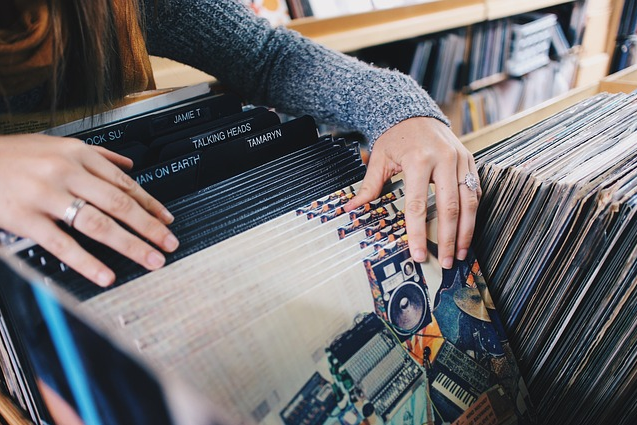
Most beginners in the music industry have no idea where or how to sell their music. Below are tips on where you can sell your music.
Live Shows
Live shows are perfect options for musicians to sell their music. Get out there and set up a table for the after show where you can meet fans, sign autographs, and sell music and merchandise. People love to meet new artists, and love to be the first to receive an album from them.
Shops
Find local shops that are willing to sell your albums or merchandise. Most places will allow you to sell your items for either a percentage or even just out of kindness. Look for smaller independent companies such as coffee shops, bookstores, and music stores.
As a tip, consider selling albums in special packaging. Music lovers and buyers tend to love the unique packaging and limited editions, and anything that promotes the idea that it is a special deal or item. Use this sales tactic to boost the sales of your album, and other merchandise as well.
Online
The best way to get your music out there is through the internet. These days you can send music across the world by posting it on online shops and social media. Have a website where you can post your work to promote yourself and your music. Link your site to an online shop to sell your music. Use social media platforms like YouTube, Instagram, Twitter, and Facebook to promote your music and connect with your fans. Be sure, always to link your web store.
Final Thoughts
In today’s music industry three things are clear: The level of music consumption is expanding at a high rate, there are a lot of artists creating music and seeking to expose their craft as well as develop their career via the internet, and the cost to produce music has decreased over recent years.
The music industry is growing at a breakneck pace. Because of this, the responsibilities of a musician are changing rapidly when it comes to legal issues, recording, publishing, and distribution. Don’t make the mistake of taking on everything yourself. As you grow financially, seek out professionals within the business, they will help you navigate the industry. Most importantly, always put yourself in a position to learn, find a mentor and become a lifetime student of the game.
For example, as a new musician in the industry, one of the first tasks you should take on is to secure the expertise of a good sound engineer. He/she will be able to help you record and produce your music properly as well as set up mixing board and other audio equipment. This is key in producing a professional sound. These skills will prove valuable when selling your music, submitting your demos, or performing at live events.
I hope these tips prove valuable to you in your rise to stardom. If you are interested in the services of a music manager to help you along your journey, please contact me at your earliest convenience.
Good luck but before you go, leave a comment below and tell us… As a new musician what concerns, questions, or inquires may I help you with?

